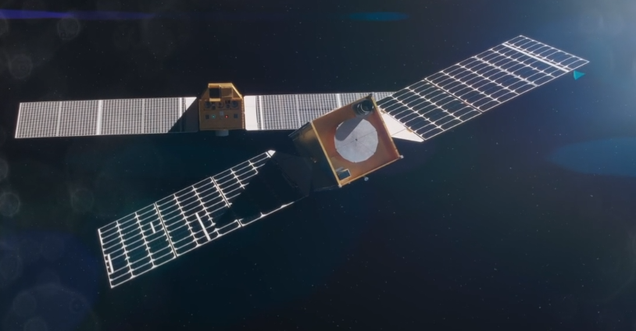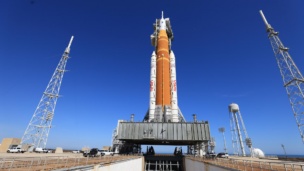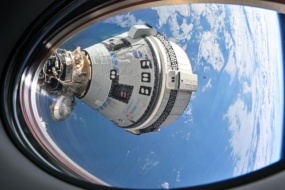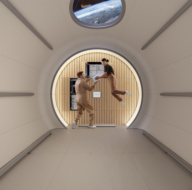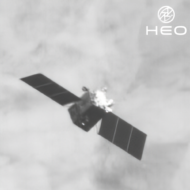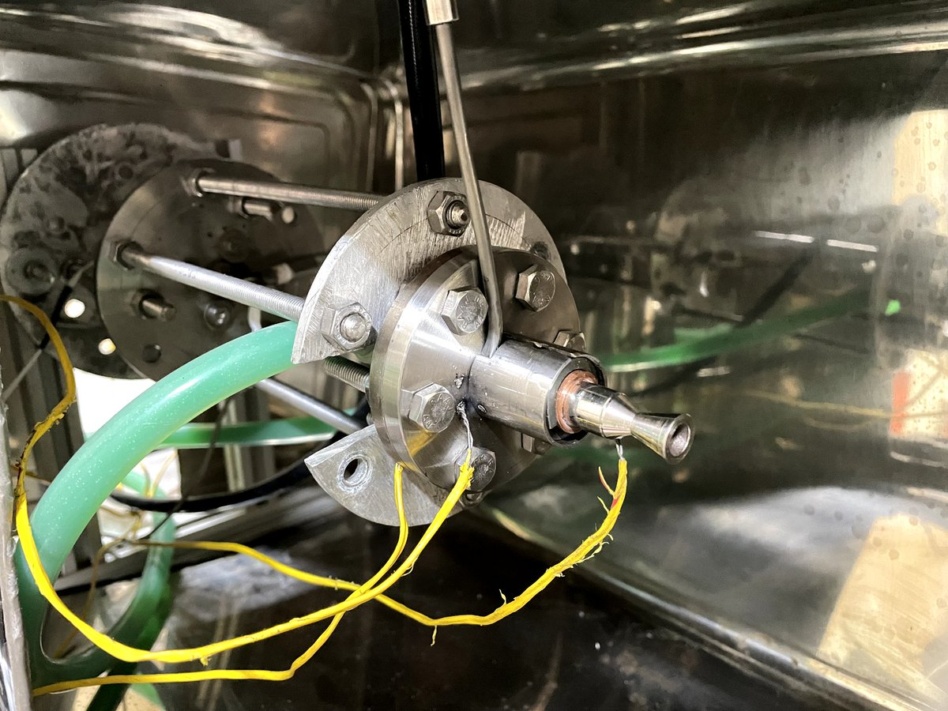Turion is announcing a slew of wins in its efforts to design, build, and deploy its on-orbit mobility and debris removal infrastructure. The Irvine, CA-based space sustainability startup has notched six recent contracts from NASA, the Space Force, and the Air Force, each supporting a different area of its product stack.
“We’re trying to grow the economic carrying capacity of Earth orbit, or grow the economic output of Earth orbit,” CEO and cofounder Ryan Westerdahl told Payload. “The way we’re going to do that is with our tactically responsive Droids for real time domain awareness and on-demand mobility.”
It’s not the government’s first time supporting Turion, which won at least $1M in Orbital Prime contracts last year, but the contracts, worth a combined $5M+, demonstrate the government’s continued buy-in to the mission of cleaning up in orbit.
Turion 101
Turion was founded in 2020 to tackle the trash problem and congestion in LEO. The company graduated from Y Combinator’s S21 batch, and since then, has been working to design and build its mobility and debris removal craft, called Droids.
Droid-1, the first demo mission, launched in June aboard a Transporter flight on a mission to collect in-situ space situational awareness data to prep for future flights. That craft is currently undergoing commissioning—slower than expected, Westerdahl said, but still on the right track—and is expected to begin sending data home by the end of the year. Turion has signed an agreement with Exolaunch to launch Droid-2, the first docking mission, in October 2024.
Raking in the contracts
In the last 12 months, Westerdahl said the company has pulled in $6.8M in contracts from NASA, USAF, and USSF.
The recent contracts:
- A $1.7M Direct-to-Phase-II contract from AFWERX to develop a simulation tool to optimize the cost of on-orbit servicing missions
- A $1.5M STTR Phase II contract from AFWERX to finish building the first prototype of Turion’s capture mechanism
- A $1.25M SBIR Direct-to-Phase II contract from AFWERX to integrate the company’s satellite systems and ground infrastructure with SDA protocol
- An $850,000 NASA Phase II Ignite contract for a debris removal micro-Droid
- A $75,000 AFWERX contract in partnership with the University of Hawaii to develop a space debris imagery payload
- A NASA Phase III contract for a project that will push the team a step closer to a complete on-orbit servicing demo mission
Each of these contracts is supporting the development of technologies that Turion will eventually commercialize as part of its awareness, mobility, and debris removal offerings, Westerdahl said.
“We always are only going after fixed price contracts that are going to help us advance our tech stack and pay for things that we’re going to do anyways to execute our commercial plan,” he said. “The last thing we want to be is an SBIR shop.”
Enter the Mothership
Looking ahead, Turion is planning to build a larger central craft that can play host to many micro-Droids, deploying them on-demand as necessary for recon and removal.
“We think this is both the lowest-cost architecture and the lowest-risk architecture for doing debris removal with uncooperative objects that are large,” Westerdahl said.
